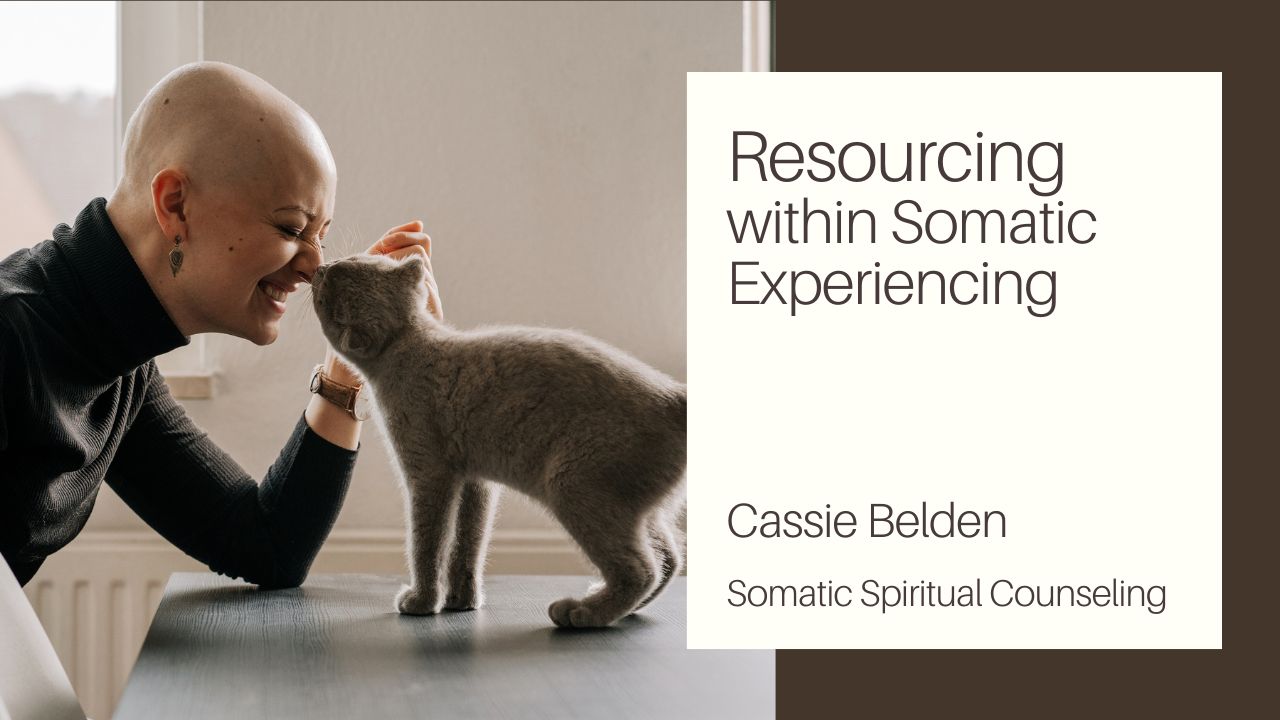Life is stressful. For roughly forty million adults, that stress is compounded by some type of anxiety disorder.
Not everyone experiences the same symptoms in the same manner, but persistent anxiety can interfere with daily functioning and quality of life. Medication is a commonly discussed method for managing anxiety, but it isn’t the only way. Here are five strategies you can implement for controlling your anxiety without medication.
1. Movement
Exercise or physical activity does the body wonders. It also carries benefits for your mind. At the very least, it serves as a distraction tool to give your brain a break from stressors and the rabbit hole of worry anxiety can send you down.
Your anxiety may be causing you to have extra, nervous energy, so getting in routine movement will help by giving you an outlet. It’ll also help reduce tension you may be experiencing as a physiological side effect.
On a deeper level, exercise causes changes in your brain chemistry that help reduce anxiety. When you get moving, your body experiences an increase in endorphins and serotonin, both of which are mood boosters.
Even if you feel like you’re running low on energy, dig deep and give yourself a pep talk to complete some type of movement. If you feel good physically, you’ll be more inclined to feel good mentally. Combine that with the natural mood boost and you’re one step on your way.
2. Sleep
Somewhere along the line there’s this idea that sleep can be sacrificed when time is short. On the list of things that should be cut out during crunch time, sleep shouldn’t be one of them.
Proper sleep is necessary for rest and recovery. When you’re not getting enough sleep, it can cause your anxiety to worsen. Now, anxiety could also be a culprit for why you aren’t sleeping, so evaluating your sleep hygiene is important.
Create a space that is welcoming for quality sleep. Designate an area that is meant only for sleep, not scrolling, working, or watching tv. Adjust lighting to lower levels or less intense colors.
Use comfortable pillows and blankets and keep the temperature cool. Once you have a routine, stick with it— even on the weekends. Consistency is key, especially when dealing with anxiety and control.
 3. Eating Habits
3. Eating Habits
There is no “anxiety diet,” but modifying your eating habits can assist in reducing your symptoms. Both caffeinated and alcoholic beverages can increase jitters and anxious energy. Start by cutting back on the amount of either of those and boosting your water intake.
Focus your meal planning around whole foods, balanced meals, and protein. Don’t skip meals or cut out carbs (they can actually help increase serotonin and regulate mood). When you’re feeling anxious, try to avoid running to the high sugar and processed snacks.
4. Creative Outlet
Exercise isn’t the only method for distracting you from your anxiety. Finding a creative outlet can serve a similar purpose. Not only will you find instant distraction, you’ll also find a long term outlet for releasing anxious energy and the emotions associated with it.
You don’t need to be a budding artist. The help is in the process itself. Find an adult coloring book. Keep a journal. Work on a DIY project. Anything that gets those creative juices flowing has benefit.
5. Be Present
A main characteristic of anxiety is fear about past and future what-ifs. It’s important to remind yourself that you can’t go back and change the past. Worrying about a future that hasn’t happened yet can’t change the outcome.
Neither of those scenarios are a productive use of brain power. Future planning is important, but going down a list of scenarios and what-ifs isn’t. When you notice you’re getting away from the here and now, a grounding exercise can help bring your attention to the present.
Are you searching for strategies to manage your anxiety without medication? Contact us today to learn more about how somatic therapy can help you.




